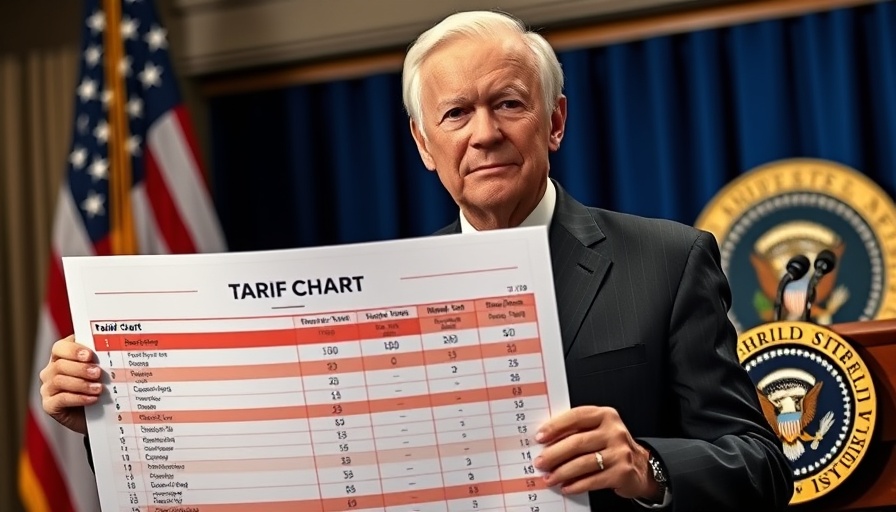
Stricter Penalties for Violent Crimes in Jamaica
Recently, the Jamaica Senate took a significant step toward addressing violent crime by approving amendments to key legislation, ensuring stricter penalties for those convicted of murder, especially in cases involving children. This move reflects a long-awaited response to persistent public outcry over crime rates and a commitment to enhancing the safety of Jamaican citizens.
What the Amendments Entail
The approved amendments impact three critical laws: the Child Care and Protection (Amendment) Act, the Criminal Justice (Administration) (Amendment) Act, and the Offences Against the Person (Amendment) Act. According to the new regulations, individuals convicted of capital murder now face a mandatory minimum sentence of 50 years before they may be eligible for parole, a significant increase compared to previous laws. Non-capital murder sentences have also been raised from 15 years to a minimum of 30 years, further strengthening the legal framework against murderers who prey on the vulnerable.
The Purpose Behind the Legislation
Senator Kamina Johnson Smith articulated the government’s perspective, emphasizing that the measures are designed to protect citizens and their rights. She reassured the public that while the legislation imposes tougher sentences, the judges retain discretion in their rulings, particularly when children are involved. For cases of non-capital murder with child victims, the court is mandated to add an additional five years to the sentence.
Concerns and Controversies
However, these amendments are not without controversy. Legal experts and human rights advocates have expressed concerns regarding the potential infringement on judicial discretion and the constitutionality of these mandatory sentencing laws. Critics argue that the one-size-fits-all approach may overlook individual circumstances surrounding each case. This debate highlights the delicate balance between public safety and fair judicial practice in Jamaica.
The Public Reaction
The legislative changes have sparked diverse reactions across Jamaican society. While many citizens welcome the tougher stance on violent criminals, others fear that it could lead to overcrowded prisons without adequately addressing the root causes of crime. As the country grapples with this significant shift, ongoing dialogue among lawmakers, legal experts, and the public remains vital.
As Jamaica moves forward with these new laws, the implications on crime rates, justice, and community safety will be closely monitored. It serves as a pivotal moment in the nation’s ongoing struggle to protect its citizens while upholding justice.
 Add Row
Add Row  Add
Add 




Write A Comment